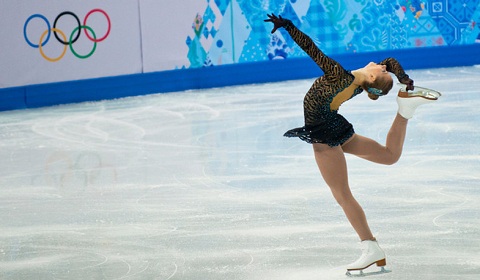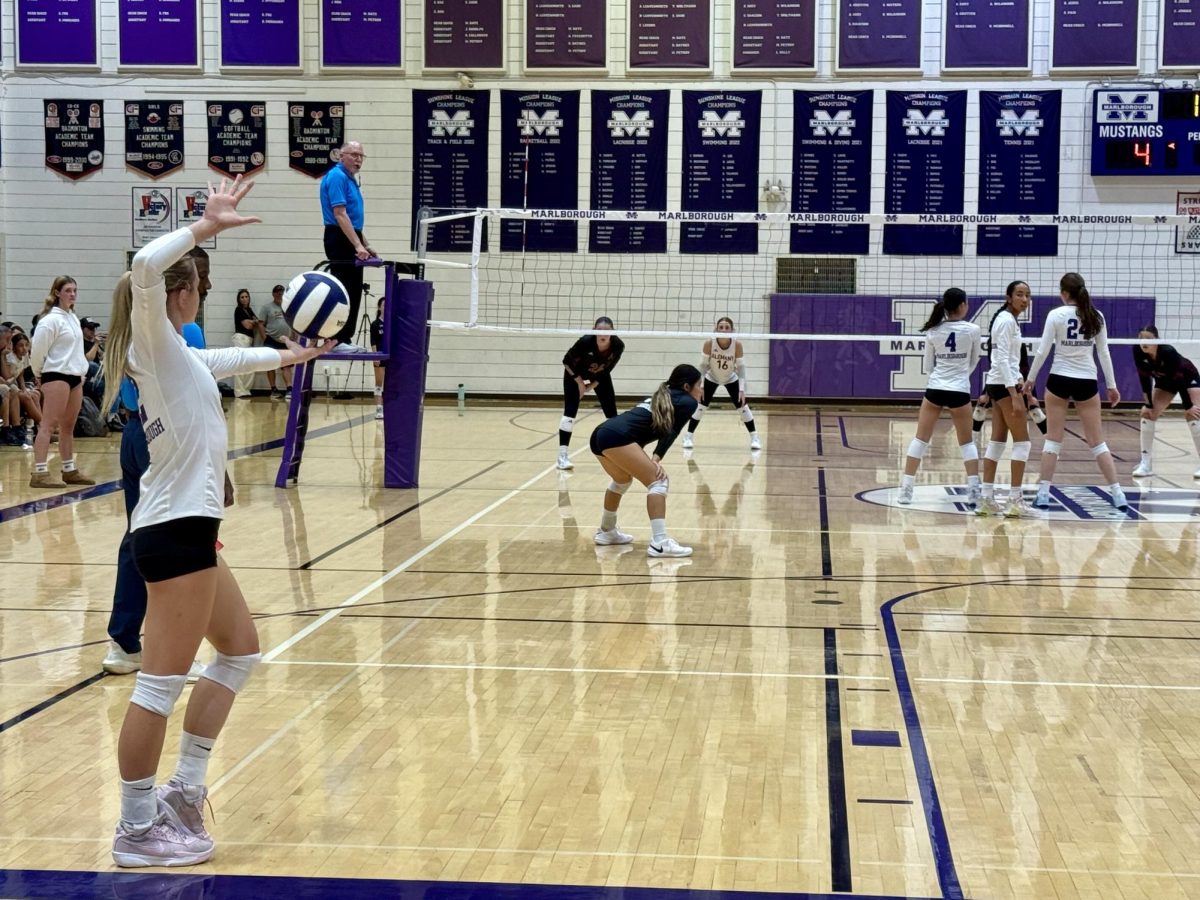
International sporting events like the Olympics often reveal the intertwined relationship between politics and athletics.
The Sochi 2014 Winter Olympics have recently illustrated the close relationship between sports and politics because of the extensive news coverage concerning Russia’s political turmoil. Russian president Vladimir Putin has not been supportive of the independence movements in the Caucasus Mountains, where Sochi is located, and the tension between the people and the government created a fear of terrorism at the games.
“The Olympics have an incredible power to shed light on ugly truths in countries that host the Olympics, even as those countries are often trying to project a very different, positive image of themselves,” History and Social Sciences Department Head Cathy Atwell said.
The exposition of political corruption in Russia is similar to what happened during the 2008 Beijing Summer Olympics. China’s goal of representing themselves as a modern nation backfired when the media instead focused on their government’s hostility towards protests, especially ones related to Tibet.
Another concern for athletes in the Olympics is Russia’s opposition to gay rights and how that created a harmful environment for participants. Daniel Austin, writer for the Calgary Sun, believes that the International Olympic Committee (IOC) should choose countries that have fair human rights policies to host the games.
“For the IOC to not have changed its anti-discrimination rules to include protection and fair-play for the LGBT community is outrageous, and I would like to see the national sporting organizations of countries like Canada and the United States stand up and ensure some sort accountability on the issue,” Austin said in an email.
The United States experiences the weight of political influence in athletics as well. Ashley Wagner, who received fourth place at the Figure Skating Nationals (the competition to determine which figure skaters go to the Olympics), made the U.S. Olympic team instead of Mirai Nagasu, who won third place. The U.S. Figure Skating committee made this decision because, even though she did not do her best that day, Wagner had won consistently in the past, whereas Nagasu had had an inconsistent career leading up to Nationals, where she performed exceptionally.
“It doesn’t matter what has happened in the past; it’s what’s happening right now, and if [Nagasu] beat [Wagner], then she should be able to go,” Sara ’15 said. Wedeking, like many others, disagrees with the committee’s decision to let politics overshadow skill.












